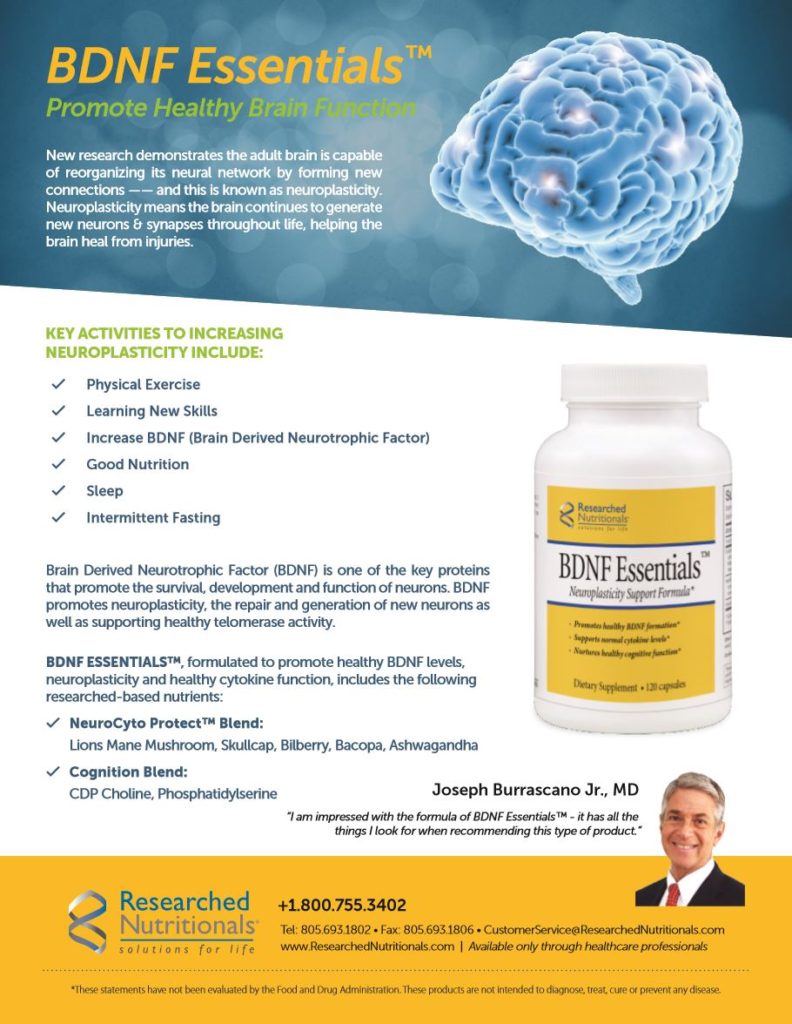Albert Einstein said:
I think the most important question facing humanity is,
‘Is the universe a friendly place?’
For if we decide that the universe is an unfriendly place, then we will use our technology, our scientific discoveries and our natural resources to achieve safety and power by creating bigger walls to keep out the unfriendliness and bigger weapons to destroy all that which is unfriendly and I believe that we are getting to a place where technology is powerful enough that we may either completely isolate or destroy ourselves as well in this process….
But if we decide that the universe is a friendly place, then we will use our technology, our scientific discoveries and our natural resources to create tools and models for understanding that universe. Because power and safety will come through understanding its workings and its motives. (Complete quote)
It brings to mind a January 2019 TL article by Jacob Schor, ND, in which he describes the philosophical differences between conventional oncologists and naturopathic oncologists.
Recently, the American Society of Clinical Oncology (ASCO) accepted guidelines, presented by the Society of Integrated Oncology (SIO), for the use of a few non-traditional therapies (yoga, meditation, and acupuncture) in cancer treatment. SIO is a professional organization that accepts naturopathic doctors as well as medical doctors as members. SIO used peer-reviewed, randomized, controlled trials published between 1990 and 2013 to support its recommendations. Despite the scientific literature supporting other therapies, such as the use of supplements, herbs, and diet, ASCO did not accept these.
Some might say it is because ASCO is wedded to chemotherapy, radiation, and other standard treatments. But Dr. Schor, referring to an observation made by Steve Austin, ND, sees it as a difference in philosophy.
Dr. Schor writes: “The difference between naturopathic medicine of the sort practiced by naturopathic oncologists and the standard of care world views practiced by ASCO’s membership is what sort of errors we are willing to risk because of the difference in therapies we choose to use….If instead of curcumin [derived from the spice turmeric and has little risk] we were contemplating starting the patient on a three-month course of doxorubicin, a particularly unpleasant form of chemotherapy, we would want to be absolutely certain it will provide benefit to the patient.”
Einstein’s quote broadens the philosophical question. I think one’s view of the universe and nature directly affects the choices that people make regarding health and medicine. Is sickness terrifying, a condition that needs all the big guns and technology? Or is it a sign that something is out-of-sync with nature?
We may believe that our view is the only right one, but personal philosophies are just that—personal. Everyone has their own set of beliefs and values. And those beliefs and values directly affect our lives. How does your view of the universe affect your choices?
Reference:
Schor J. SIO-ASCO and the Difference Between Type I and Type II Errors. Townsend Letter. January 2019; 79-80.





